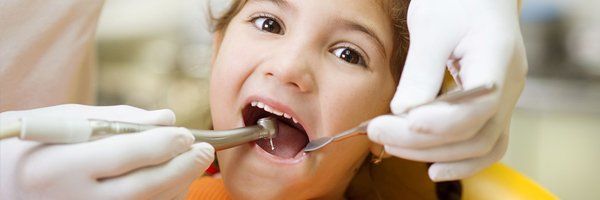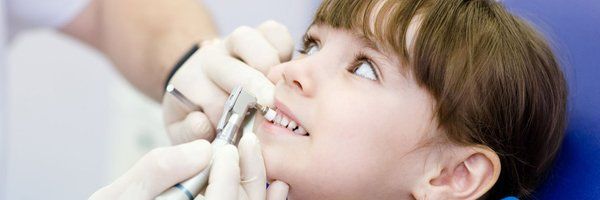Supporting copy for the
Request Service call out button.
The Official Dentist of:

PEDIATRIC
Request An Appointment
Request An Appointment
Call Us Today
Serving Wyomissing, PA
610-375-1381
610-375-1381
Serving Wyomissing, PA
High-Quality Pediatric Dentistry
Choose Us for Pediatric Dentistry
At Valerie S. Deibler DDS, we want to see your child at least by the first birthday or 6 months after the first tooth erupts. Visit to a dental office can be intimidating, and for very young children, the safest place is in mom's or dad's lap. That’s fine with us. We can still perform an exam by having your child sit facing you and lean back into the dentist's lap.
We’ll take a quick look to assess how your child is developing, and if we have any concerns, we'll discuss them with you. After the exam, home care will be discussed, including:
- Brushing and flossing techniques
- Nutrition
- Child's development
Oral habits will also be discussed such as:
- Thumb sucking
- Pacifiers
- Ways you can help prevent cavities
When we’re done, your child will get to choose a special toothbrush and a toy to take home.

Understanding Early Childhood Caries
As soon as teeth erupt, they are susceptible to decay. Early childhood caries, also known as "baby bottle tooth decay," can appear as a subtle white streak near the gum line, which may be difficult for you to recognize. But caries can soon destroy your child's teeth and leave decayed brown or black stumps.
Early childhood caries is caused by your child's frequent and prolonged exposure to sweet liquids. Children who fall asleep with a bottle are especially at risk.
Sweet liquids include formula, fruit juice, soda - or any other liquid containing sugar - and cow's milk. Breast milk is best for your child, but sleeping with a bottle of breast milk can also cause damage.

Adults Pass Caries to Babies
Although the main culprit in early childhood caries is your child's prolonged exposure to sweet liquids, an adult who has cavities, or who is at high risk for decay, will pass cavity-causing bacteria to the child. Hence, caries is an infectious disease that can be passed by the caregiver to the child, while the child is in the infancy stage.

Steps to Prevent Early Childhood Caries
- Wipe your child's teeth and gums with a clean, damp cloth after each feeding
- If your child must sleep with a bottle, fill it only with water
- Brush your child's teeth as soon as the first tooth appears
- Children should use only a thin smear of fluoride toothpaste until they are old enough not to swallow it
- Floss as soon as two teeth are touching
- Reduce your own risk of decay
Early childhood caries can be painful and harmful to your child's normal development. It can create dental problems for years to come. That’s why it’s important that your child has the first dental appointment by the first birthday so that we can help your child have a lifetime of healthy smiles.
Call us at
610-375-1381
for pediatric dental treatment.
We'll do everything to make you and your child feel comfortable in our office. Contact us today
and benefit from our best dental care.
About Us
Valerie S. Deibler DDS, Ltd. is a trusted name for all types of dental treatments and procedures. Our preventative dental care helps to stop cavities and decay before they happen.
Contact us today. Regular appointments with us will keep your teeth healthy. For your convenience, we can also provide you with emergency service.
Contact Us
Valerie S. Deibler DDS, Ltd.
1075 Berkshire Blvd Ste 850
Wyomissing, Pennsylvania 19610
Tel:
610-375-1381
Wyomissing, Pennsylvania 19610
The Official Dentist of:

Privacy Policy
| Do Not Share My Information
| Conditions of Use
| Notice and Take Down Policy
| Website Accessibility Policy
© 2025
The content on this website is owned by us and our licensors. Do not copy any content (including images) without our consent.
